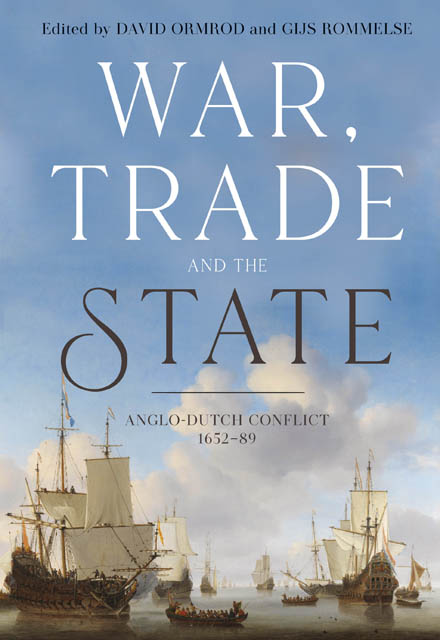8 - The Second Anglo-Dutch War in the Caribbean
Published online by Cambridge University Press: 18 January 2023
Summary
The period between 1652 and 1674 spanned three Anglo-Dutch wars and was a defining moment in the histories of both the British and Dutch Atlantics. Commercial and territorial ambitions combined to attract members of both nations to America but, in the seventeenth century, the former prevailed. Most north Europeans ventured to America as merchants rather than as empire builders and, as competition for control of markets intensified, especially in the Caribbean, the two nations were drawn into more than twenty years of conflict. By 1674, when England extricated itself from the Third Anglo-Dutch War, leaving France to batter its Dutch rival, Atlantic history was on a new trajectory. The Dutch abandoned the grand territorial ambitions which some had nursed in the early days of the West India Company (WIC), especially after the conquest of northern Brazil. Instead they settled into their key role as ubiquitous middlemen trading across imperial boundaries. On the other hand, despite the far more improvisational style in which the English had embarked on colonial expansion, that nation was now clearly set on a path towards a grand territorial empire.
Anglo-Dutch commercial rivalry in the Caribbean
Commercial rivalry between the English and Dutch in the Caribbean developed on three overlapping fronts. First, and foremost, was competition for access to Spanish American markets. This was the glittering prize which initially drew north Europeans to the New World and fuelled their interest in the Caribbean which was a convenient entry route. From the first discoveries, Spanish America was seen as a source of almost limitless treasure – an El Dorado – and, even though the fabled wealth of the Peruvian and Mexican silver mines was seen to falter in the early seventeenth century, it soon recovered. Between 1660 and 1700, annual bullion production was worth an estimated £2.5 million and far exceeded the value of any other New World commodity, including sugar. A strong economy, and large towns, created a buoyant market for enslaved labour, provisions, and manufactured goods which were exchanged for, not only bullion, but also cochineal, cocoa, dye-woods, hides, indigo, precious stones, and other valuable commodities.
The Spanish crown took steps to limit access to its American markets and maximize rents. With some exceptions, such as slave traders, foreign nationals were prohibited from entering Spanish American ports, or settling in Spanish American territories, and all commerce was regulated by the Casa de Contratacion in Seville.
- Type
- Chapter
- Information
- War, Trade and the StateAnglo-Dutch Conflict, 1652-89, pp. 185 - 202Publisher: Boydell & BrewerPrint publication year: 2020

